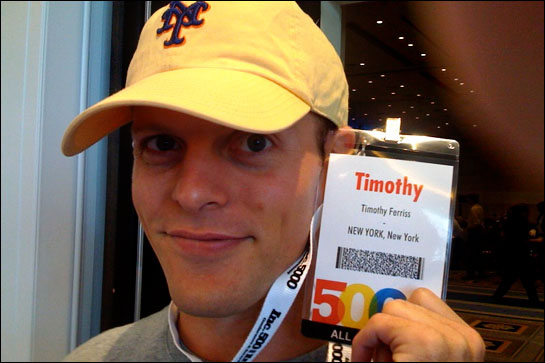Be careful who you take career advice from. Knowing who to take advice from is a really good skill for any aspect of your life, but especially in the field of work, because work is changing very fast right now. A lot of advice that was good ten years ago is not good now. And people who are using old language to talk about contemporary careers are thinking in terms that will pull you off track.
Here are three examples of topics your parents talk about all the time in their careers, but these topics will not be a part of new millennium careers. Watch out for these three terms — they probably come with outdated advice.
1. Career change
When Baby Boomers change careers, they stand on mountaintops. They announce that career change is a new trend, and they are doing it, of course, to save the world. The Baby Boomer specialty is saving the world by screaming from mountaintops, and then borrowing some more money to support that habit.
The other thing about Baby Boomers and career change is that they didn't really do it before now. I mean, they did, but it was cataclysmic and often seen as reckless. For example, it's what men did in their 40s after a midlife crises. Or what people did when they got to middle management and realized they were sub-par at their chosen career. (Note: It's very easy to delude yourself that you're competent until you get to your mid-30s. Around then, the less competent end up competing with people in their late 20s and losing.) Read more

